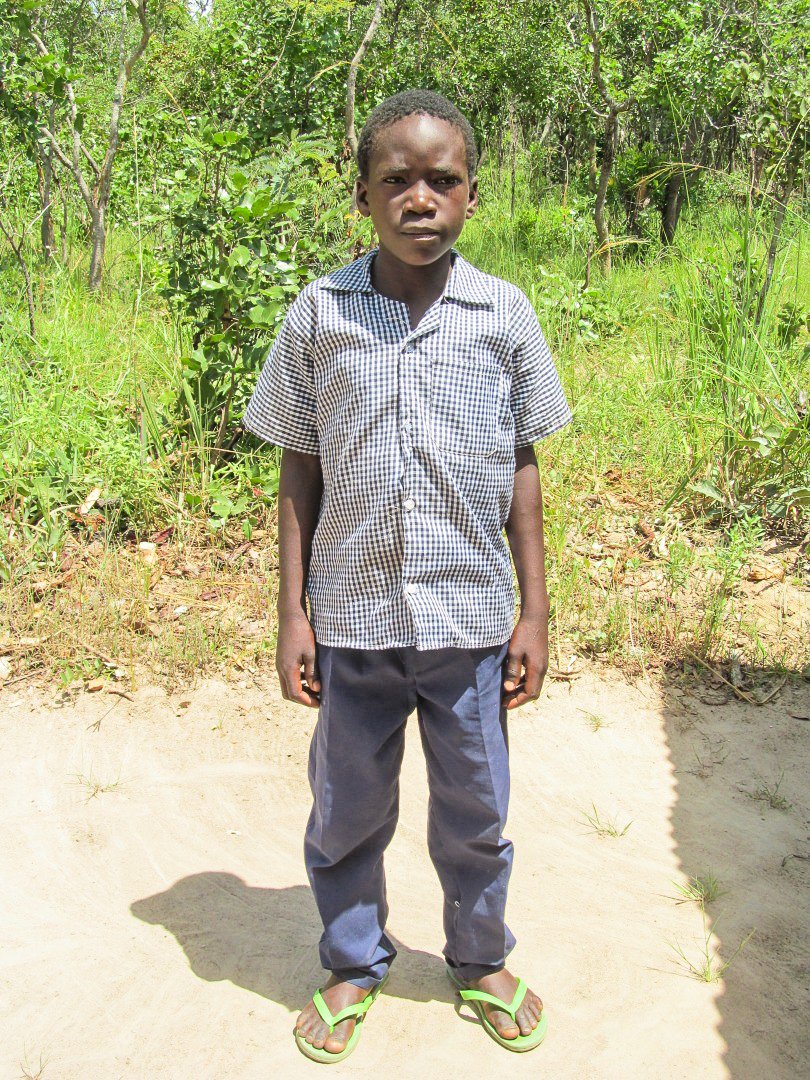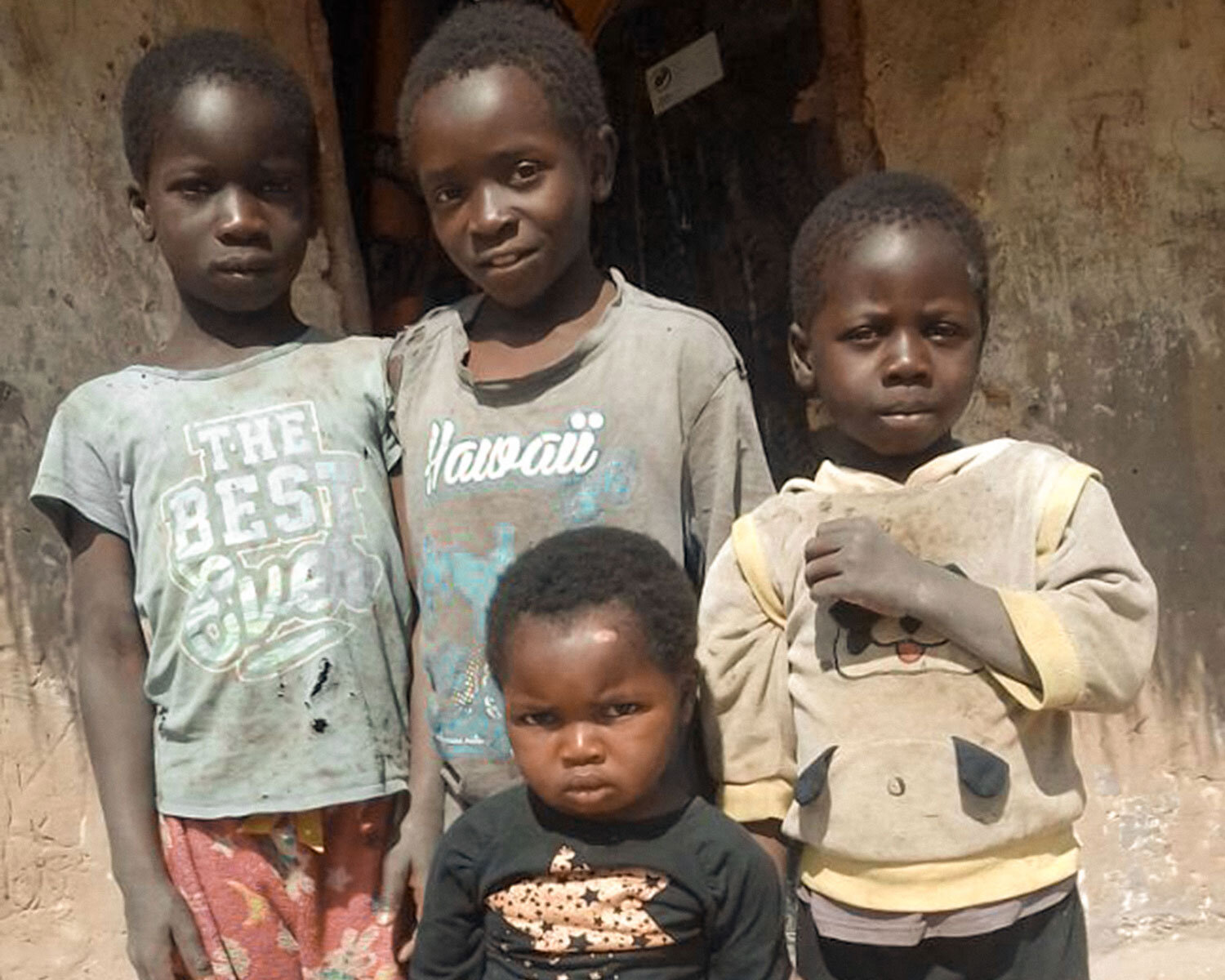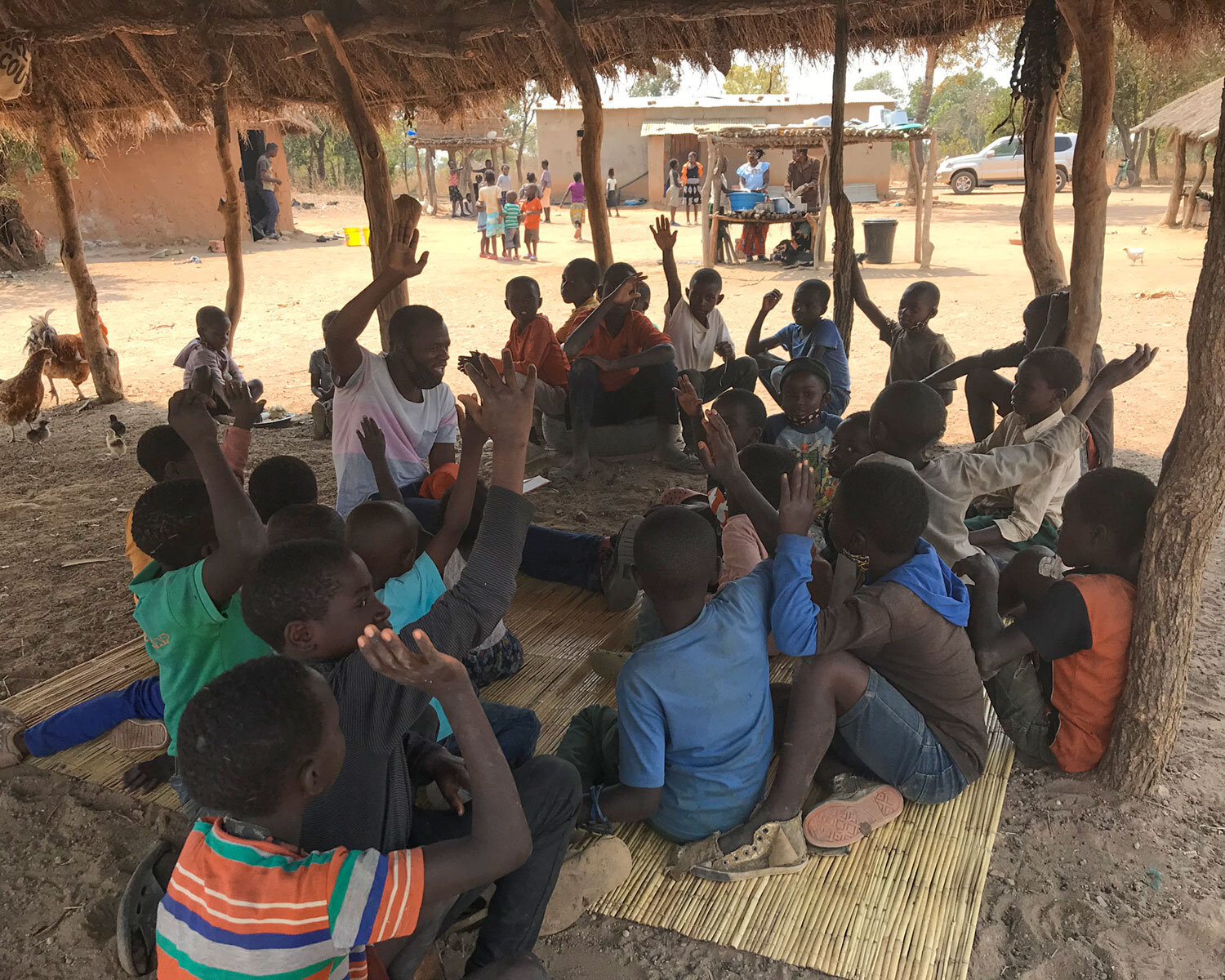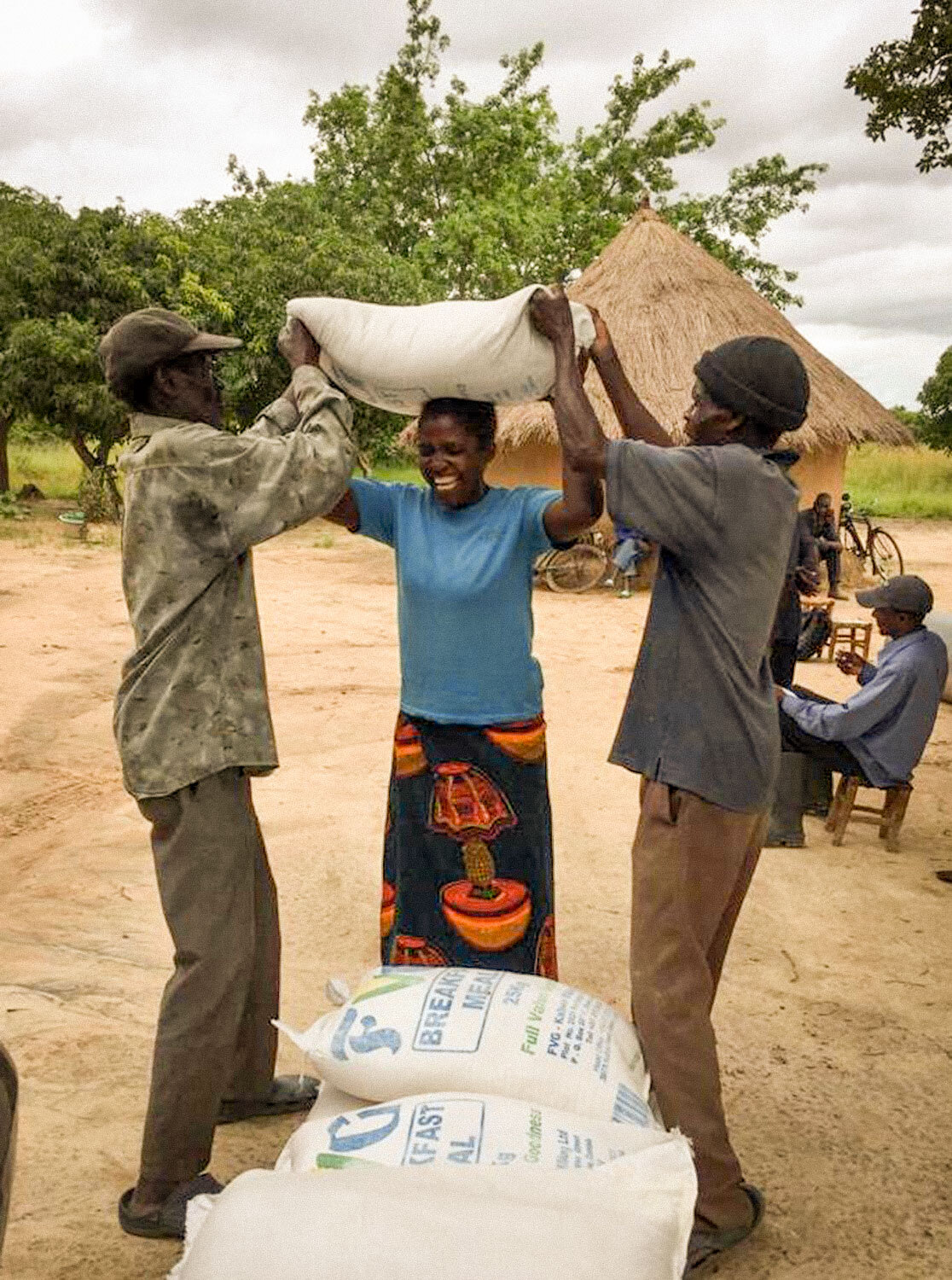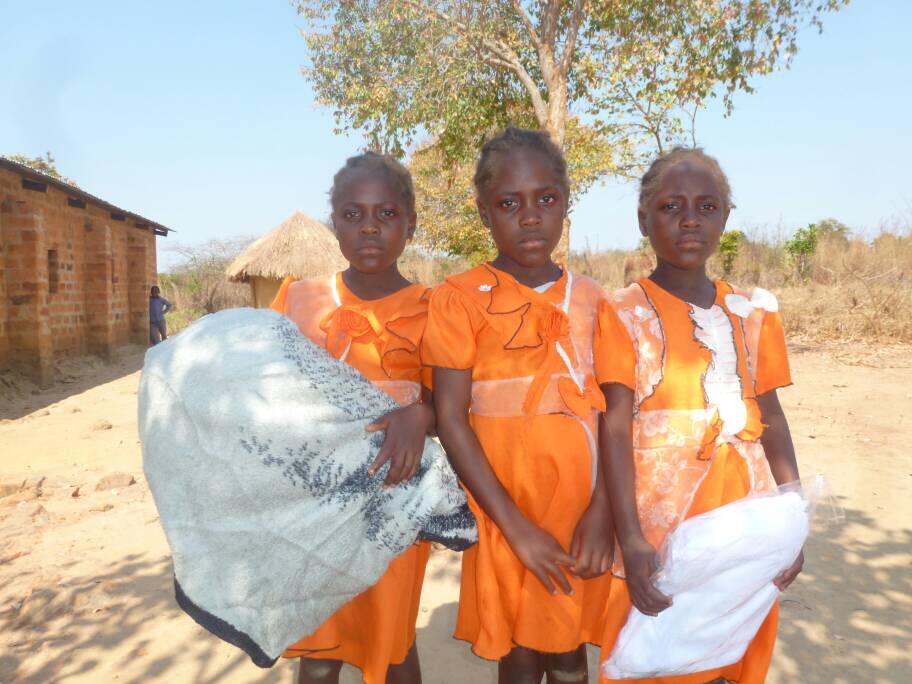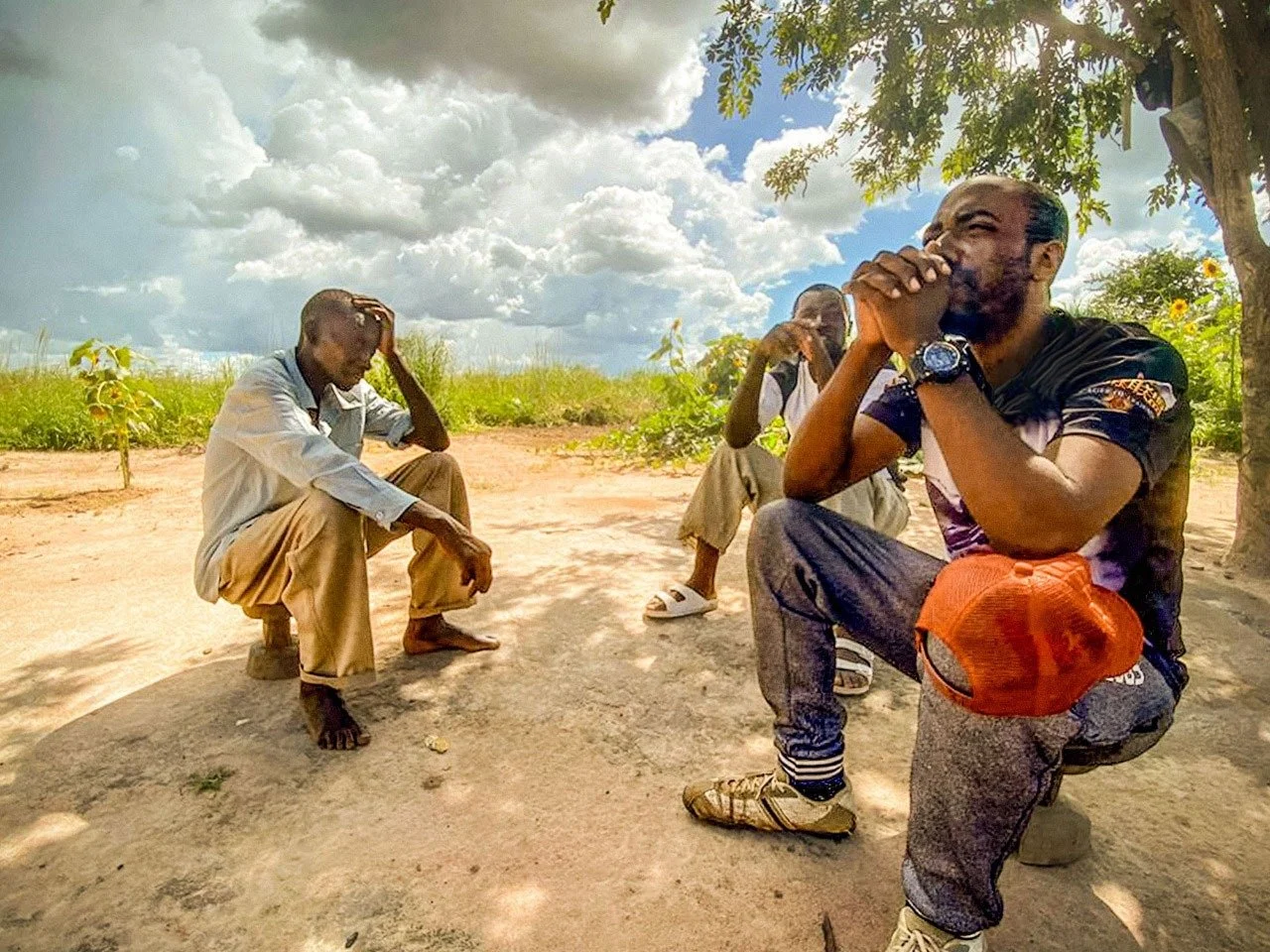The Story of Baraka Community
In 2001, local churches in Baraka began to see an increase in the number of orphaned and vulnerable children in the community. David Mabena, a local pastor, challenged his congregation to begin caring for the children by using whatever resources they had available. Some people brought clothes, while others brought food. In this vast rural area of Baraka where disease, unemployment and a lack of clean water are a few of the many challenges, the local churches joined together and began by supporting 15 children.
David leads by example, carefully mentoring children and building strong relationships with the most vulnerable families. At the time, he inspired other volunteers to regularly walk in the community to support the poorest of the poor children. Covering such a large area, volunteers can walk up to ten kilometres to visit some of these homes. Wanting to do even more for Baraka, David, seeking further help and advice, connected with Hands at Work.
150 Children currently supported
24 Care Workers by David
Basic Services Started in 2011
27 km from the Kabwe Local Office
After walking in the community with the Baraka Community Based Organisation (CBO) for two years prayerfully discerning the way forward, Hands at Work began officially partnering with the Baraka CBO in 2011. In order to address the essential needs of the most vulnerable children in the community of Baraka, Hands at Work began providing the life-giving services a hot, nutritious meal daily, access to education and basic health care to 50 of the most vulnerable children, a number that has since grown to 125.
For many years, Baraka has suffered from low rainfall leading to failed harvests and a lack of clean and safe drinking water affecting people from all levels of the community. Families do not have the income they need to purchase basic necessities, and poor health is common. Thankfully the Care Workers in Baraka are faithful in providing daily, life-giving services to the children in their care.
Relationship Groups are a safe place for Care Workers to share their challenges, hear from the word of God and pray together. The local Hands at Work team in Kabwe have been encouraging the Care Workers through their challenges to stay united in supporting one another and in their calling to serve the most vulnerable children. A great example of this investment by the Kabwe team is the way that the Care Workers are growing in Relationship Groups and have started to feel safe to open up with one another.
When the need for a new toilet at the Life Centre arose in 2020, the Care Workers took ownership and dug the pit after which a local builder was then hired to complete the project. Following the closure of schools due to the pandemic, a small shelter was constructed at the Life Centre to serve as place for the children to learn about topics like peer education, farming and HIV/AIDS awareness.
The local Hands at Work team in Kabwe currently supports seven Community Based Organisations, which exist to care for the most vulnerable in their communities. The office provides training, networking, and encouragement to those Community Based Organisations like Baraka. It also gives administrative support, including helping with funding proposals, monitoring and evaluation, bookkeeping and reporting to donors.
BE INSPIRED BY UPDATES FROM BARAKA COMMUNITY
